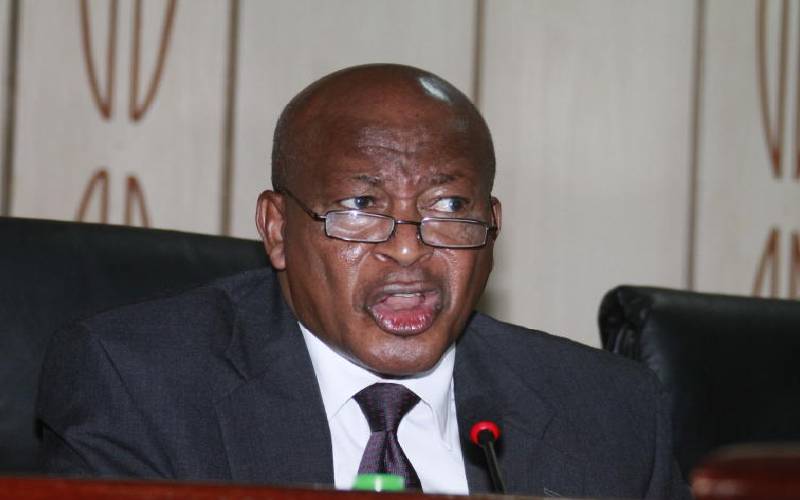×
The Standard e-Paper
Smart Minds Choose Us

The Government has won a multi-million shillings dispute with a company that claimed ownership of a public parking space in Nairobi.
The suit, which was filed by Attorney General Paul Kihara, through State counsel Allan Kamau, against Electrical Options Limited, revealed the methods used by some traders in collusion with the ministry of lands’ officials to acquire titles for space reserved for expansion of the Thika Superhighway.